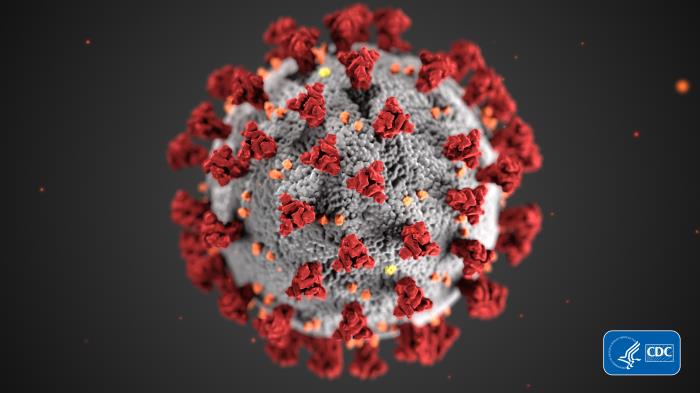
COVID-19 liability protections for Georgia businesses and hospitals are set to be extended into the summer of 2022 after legislation cleared the General Assembly on Wednesday.
The bill, sponsored by state House Majority Whip Trey Kelley, R-Cedartown, extends liability protections for another year to shield businesses and health-care facilities in Georgia from lawsuits brought by people who contract COVID-19 in all but the worst negligence or recklessness cases.
The liability protections, which passed late in last year’s pandemic-interrupted legislative session, took effect in August and were set to expire in mid-July of this year. Kelley’s bill extends the protections sunset to July 14, 2022.
State Sen. Brian Strickland, R-McDonough, who carried Kelley’s bill in the Senate, said the measure leaves current liability protections as-is in a way that balances protecting businesses and hospitals with leaving the door open for workers to sue in worst-case scenarios.
“I think the bill strikes the right balance in still allowing gross negligence cases to be brought,” Strickland said form the Senate floor on Wednesday. “We do expect businesses to provide some precautions, and that’s the balance we try to strike in this bill.”
Business leaders hailed the COVID-19 liability protections as assurance Georgia businesses and hospitals will not face crippling litigation during the pandemic, which has greatly taxed health-care providers and enterprises across the state from mom-and-pop shops to sports stadiums.
Opposing unions and employee advocates slammed the liability terms as too much in favor of employers at the expense of workers struggling to keep their jobs, leaving them legally in the lurch if they get sick from the virus.
Kelley’s bill passed Wednesday in the Senate 36-17 with some Democratic lawmakers voting in favor after it passed last month in the House of Representatives along party lines. The bill now heads to Gov. Brian Kemp’s desk for his signature.
The liability protections evaded changes proposed on the Senate floor Wednesday by lawmakers on the one hand who wanted to broaden protections for workers and on the other from lawmakers who sought to strengthen protections further for businesses that put up warning signs.
Sen. Jen Jordan, D-Atlanta, brought a failed amendment that would have allowed workers who cannot do their jobs from home to bring workers’ compensation claims if they contract COVID-19 on the job, which Jordan says they currently cannot do under state law.
“If we say we value essential workers, if we say but for them we cannot be here, then we need to put our proverbial money where our mouth is and actually extend some protections to them,” Jordan said.
Sen. Bill Cowsert, R-Athens, also tried but failed to bring an amendment that would have blocked sickened Georgians from suing hospitals and businesses that put up certain warning signs, even if those entities acted recklessly or with gross negligence to provide safety measures.
The gross-negligence threshold marked a compromise between health-care professionals, business leaders and trial attorneys in the final days of last year’s session that sparked disagreement between House and Senate Republicans.
Kelley, who chairs the House Special Committee on Access to the Civil Justice System, where the liability protections faced debate, was joined on the bill by more than a dozen co-sponsors including several top Republican lawmakers as well as long-time Democratic Reps. Calvin Smyre of Columbus and Mary Margaret Oliver of Decatur.
